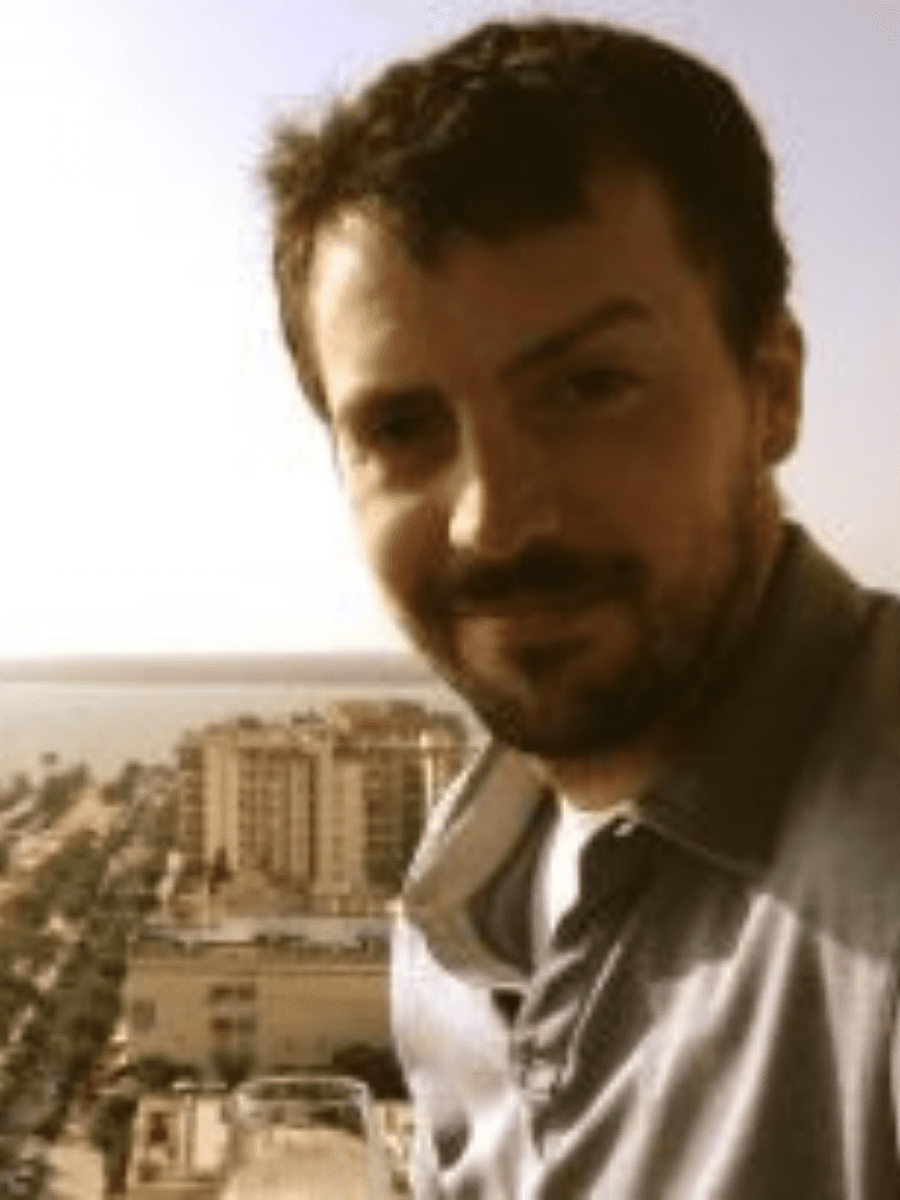Events

- This event has passed.
MICDE Seminar: Andrew Wetzel, Assistant Professor, Physics, University of California, Davis
January 24, 2020 @ 1:00 pm - 2:00 pm
Venue: 411 West Hall (1085 S. University)

Bio: Professor Wetzel is an assistant professor in the physics department and in the astrophysics and cosmology group at the University of California, Davis. He is a theoretical/computational astrophysicist and cosmologist. Using the world’s most powerful supercomputers, he generates cosmological simulations to model the formation of cosmic structures, including galaxies and their stars. He uses these simulations as theoretical laboratories to develop and test models of galaxy formation, stellar dynamics, and the nature of dark matter, with emphasis on our own Milky Way galaxy.
Simulating the Milky Way
The Gaia satellite mission, together with a multitude of ground-based observational surveys, now measure 6-D phase-space coordinates and multi-species elemental abundances for hundreds of millions of stars across the Milky Way. This new era of galactic archeology and near-field cosmology demands a new generation of simulations that achieve high dynamic range to resolve scales of individual stellar populations within a cosmological context. I will describe the new Latte suite of massively parallelized cosmological zoom-in simulations, run on the nation’s most powerful supercomputers, that model the formation of Milky Way-like galaxies at parsec-scale resolution, using the FIRE (Feedback in Realistic Environments) model for star formation and feedback. First I will discuss the formation of the Milky Way disk, including resolving for the first time the dynamics and lifetimes of giant molecular clouds and stars clusters at z = 0. These simulations also self-consistently resolve the formation of satellite dwarf galaxies around each Milky Way-like host. These low-mass galaxies have presented significant challenges to the cold dark matter model, but I will show progress in addressing the “missing satellites” and “too-big-to-fail” problems. Finally, I will discuss synthetic Milky Way surveys that we have created from the Latte simulations, which are publicly available, to provide theoretical modeling insight for the era of Gaia.
Prof. Wetzel is being hosted by Prof. Gnedin (Astronomy). If you would like to meet with him during his visit, please send an email to micde-events@umich.edu. If you are an MICDE graduate student and would like to join Prof. Wetzel for lunch please RSVP by Thursday, January 23.